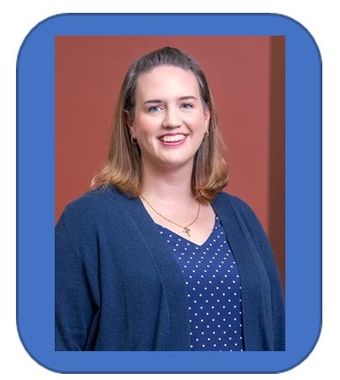DDS Presents-Clinical Community of Practice: Autism Spectrum Disorder & Substance Use with Suzy Langevin, LICSW, LADC I, on March 18, April 1, 15, 29, 2025, from 10:30am-12:00pm
VIRTUAL TRAINING
Clinical Community of Practice: Autism Spectrum Disorder & Substance Use
March 18, April 1, 15, 29, 2025 from 10:30am-12:00pm
Suzy Langevin, LICSW, LADC I
This pilot training and consultation series will provide participants with the opportunity to learn and apply skills for supporting individuals with autism spectrum disorder. Using a lens of “intertwined issues,” this session will provide a look at the intersection between ASD and substance use disorder. Common substances of misuse will be reviewed, as well as strategies for working with individuals who present with both ASD and problematic patterns of substance use.
The format is as follows:
- March 18, 2025-Session One: Understanding SUD & Intersections with ASD
-
Using the lens of "intertwined issues" we will explore the overlap between ASD and substance use disorder
-
- April 1, 2025-Session Two: Case Consultation: Conceptualization
- In Case Consultation session, participants will have the opportunity to use expert and peer consultation to get feedback and support on challenging cases, skills practice, or deeper dives into topics that emerge from the training.
- April 15, 2025-Session Three: Interventions for Co-Occurring SUD and ASD
- Discuss strategies for working with individuals who present with both ASD and problematic patterns of substance use.
- April 29, 2025-Session Four: Case Consultation: Intervention Planning
- In Case Consultation session, participants will have the opportunity to use expert and peer consultation to get feedback and support on challenging cases, skills practice, or deeper dives into topics that emerge from the training.
*CEU credit is available for the licenses of LMHC, NASW & LADC. Participants will need to attend all four sessions to qualify for CEU credit and complete the training series evaluation at the end of the last training.
YOUR TRAINER:
Suzy Langevin, LICSW, LADC I, Director of Training and Professional Development at Open Sky Community Services, is committed to making the best evidence-based tools and supports available to both Open Sky employees and the broader provider community through the Bridge Training Institute. Ms. Langevin has presented regionally and nationally on implementing evidence-based treatment modalities, including the Stephanie Moulton Symposium, NAADAC National Webinar Series, and the Massachusetts Psychiatric Rehabilitation Collaborative Annual Conference. She has extensive training and fidelity coding experience in Motivational Interviewing and is a member of the Motivational Interviewing Network of Trainers (MINT).
She had provided training and consultation in a variety of evidence-based treatment modalities to mental health providers, school systems, community groups and state agencies, where feedback has included, “Suzy is very knowledgeable and provides practical insight on how to apply the skill learned in real life situations. Her training approach is upbeat, engaging, and informative.”
In her more than decade long tenure at Open Sky, she served as Director of Dual Diagnosis Services, where she developed a model for services for co-occurring mental health and substance use disorders within the agency’s community mental health programming. She also previously worked to implement and supervise the provision of Illness Management and Recovery (IMR) services across adult and adolescent treatment settings and the development and opening of The Bridge Counseling Center, Open Sky’s outpatient division. In 2014, Ms. Langevin was awarded the ABH Excellence in Outcomes Award as a member of the CR for PTSD group. She was selected to the Worcester Area Chamber of Commerce Leadership Worcester Class of 2021.
In addition to her work at Open Sky, Ms. Langevin has experience in a diverse range of settings, including emergency mental health, juvenile justice, residential treatment, and hospital inpatient care.

